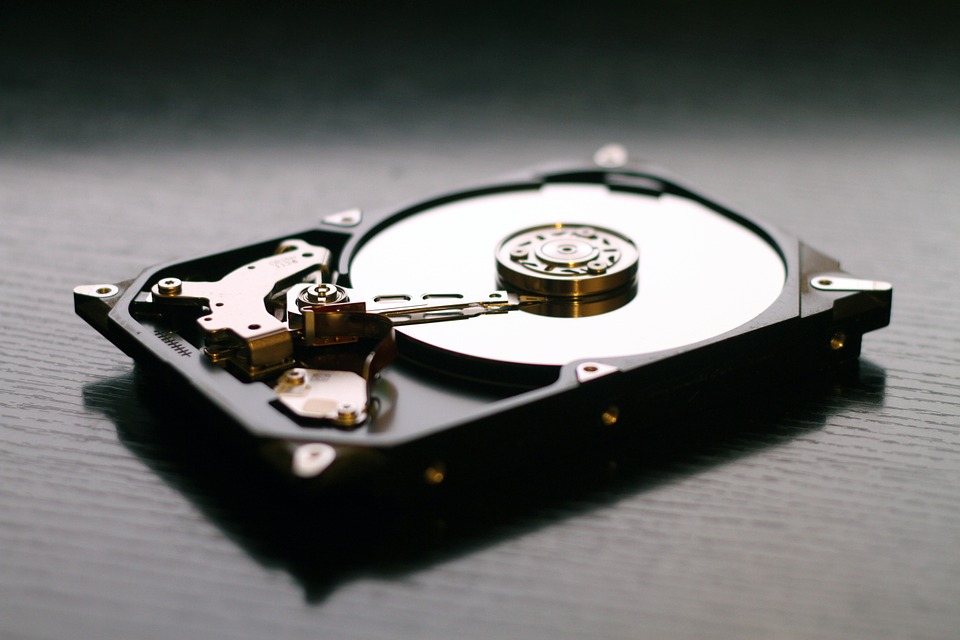If you computer or laptop uses one, the hard disk drive is vital to the working of your machine, retrieving files and folders when needed. However, even the best hard disk drives will slow down over time. Here are our top tips to boost your slow computer.
A good place to start is duplicate files. Although you might not think it, many people have loads of duplicate files on their hard drive that are taking up valuable space. There are free pieces of software out there that can scan your PC’s hard drive and identify and delete duplicate file; Duplicate Cleaner is a good example. You can tell the program which drives it should check, and any particular file types you want it to examine, or just select all. The program will then get to work, crawling through your hard disk drive in search of duplicate files. You’ll be given a detailed report on completion, which will list the duplicate files and the option to delete any that you don’t need. If they’re things like movies, songs, documents or photos, go ahead and delete them. If they’re file types you don’t recognise, it’s better just to leave them alone, as they could well be vital for your operating system to function. Give it a go – even if you think you’re good at keeping single copies of files.
Perhaps one of the most widely known techniques to sped up your hard disk drive and improve performance is defragmentation. While you’ll have no doubt heard of this, what exactly does the process involve? Defragging a drive locates the noncontagious fragments of data that a file may be divided into on a hard disk drive, and rearranges them into fewer fragments, or just into the whole file. Essentially, the process of defragmentation allows your hard drive’s storage to be used more efficiently. Open ‘My Computer’, and right click the disk you want to defrag, then click ‘Properties’. Under the ‘Tools’ tab within the Properties window, click the ‘Defragment Now’ button, and the Defragmenter window will appear. An analysis of the selected drive will begin when you click the ‘Analyse’ button, advising you whether you should advise defrag the disk.
Partitioning your hard drive can also be beneficial for speed. By reducing your hard drive into multiple volumes, the risk of all your files becoming corrupted by a virus is reduced. But partitioning your hard disk drive can also boost its speed, too; it enables ‘short stroking’ technology, minimising head repositioning delays. Although this will boost your hard drive’s speed and performance, the downside is that it results in a reduced storage capacity. So if you’re already short on storage, this might not be the best bet.
It could simply be, however, that your hard drive just isn’t up to the job. Learn about your hard drive’s speed and compare its stats to drives currently on the market. Upgrading to a hard disk drive with a higher RPM will boost your system’s speed, and upgrading to a solid state drive (SSD) will increase the speed of your machine even further.
